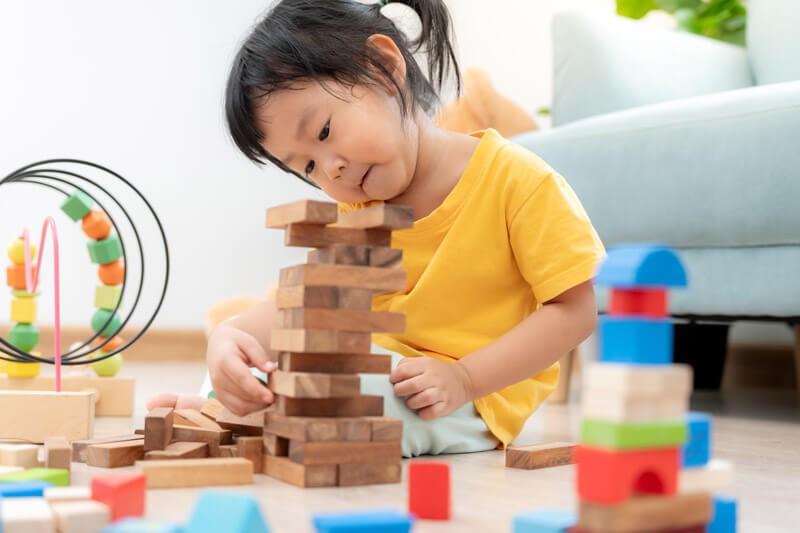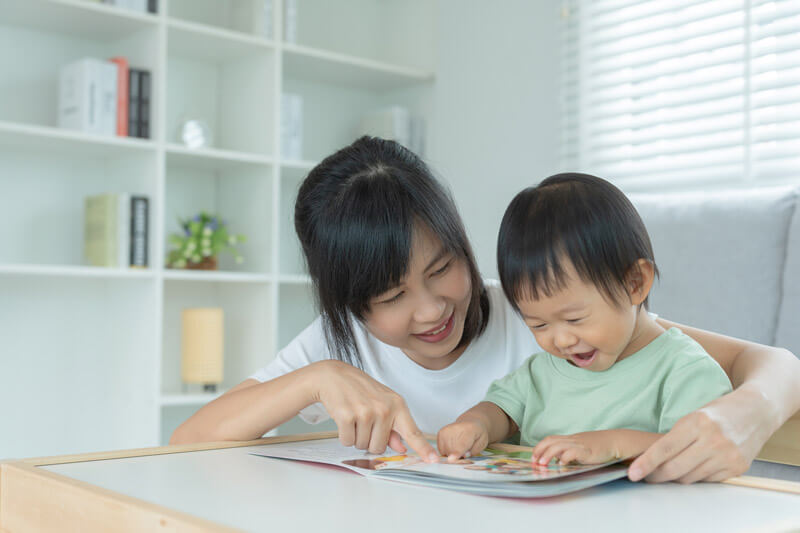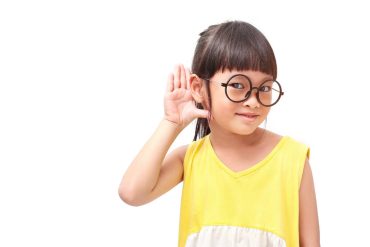They move more confidently, use more words, and test the world in new, determined ways.
This month often brings sharper problem-solving, clearer preferences, and an urge to try things alone.
Here’s what you need to know about your toddler’s 20-month-old developmental milestones.
Physical & Motor Milestones
Steadier Steps and Short Runs
By twenty months most toddlers walk with greater assurance and often break into short, enthusiastic runs.
Their changes of direction are quicker, and their stopping and starting become more controlled.
You may see them weave around obstacles, chase bubbles, or run to greet a familiar face with a proud wobble. These bursts of speed are helping to refine balance and leg strength every day.
Emerging Climbing Confidence
Climbing interest usually increases at this age and sometimes surprises carers when a toddler attempts a low step or the bottom rung of the sofa.
They will experiment with pulling up, lowering themselves carefully, and testing heights that once seemed unreachable.
Supervised climbing on safe, low structures gives them healthy challenges while teaching coordination and judgement.
Communication & Cognitive Development
Combining Words and Gestures
Language is blossoming now, and many toddlers begin to combine words with gestures to make themselves understood.
You might hear two-word phrases such as “more juice” or “Mummy, help!” and see them point while saying a word to be extra clear.
Their comprehension also expands; they follow simple two-step instructions and respond when you name familiar objects or people.
Curious Problem-Solving
Cognitive curiosity grows into deliberate problem-solving by twenty months. Your toddler will work out how to open a lid, stack more blocks, or place shapes into matching holes.
They enjoy cause-and-effect play and may repeat an action many times to test outcomes.
These experiments strengthen memory, reasoning and the confidence to try again when things don’t work at first.
Social & Emotional Development
Seeking Autonomy
This is a month of strong opinions and more frequent “no”s, as your toddler asserts independence and explores limits.
They may resist help with dressing or insist on choosing a toy, and these moments should be read as a search for control rather than defiance.
Gentle choices and calm limits help channel their autonomy into safe decisions.
Sharing Sparks and Social Cues
While full cooperative play still takes time, you will see early sparks of social exchange.
Toddlers may hand a toy to a friend, copy another child’s clap, or offer a cuddly toy for comfort.
They also begin to read emotions; a soothing voice or a smile helps them regulate big feelings and learn the rhythms of social interaction.
Sensory & Perceptual Development
Refined Tastes and Texture Play
Taste preferences and texture tolerance become more obvious around twenty months.
Your toddler may love crunchy crackers one day and reject mashed vegetables the next.
Mealtimes are ideal chances to offer variety without pressure, and supervised texture play with sensory trays helps them explore safely and confidently.
Distance Awareness and Tracking
Visual and auditory perception continue to sharpen.
Your toddler can judge distances better when reaching, follow a small ball as it rolls, and recognise familiar songs from across the room.
Games that involve chasing a rolling ball or finding a hidden toy build spatial awareness and help the brain link sight, sound and action.
When to Talk to a Paediatrician
If you have worries about your child’s development, it is always worth asking.
Seek professional medical advice if your 20-month-old:
- is not walking at all
- rarely uses words or gestures to communicate
- does not respond to their name
- seems unusually floppy or very stiff.
- is losing previously acquired skills or showing minimal interest in social interaction.
Your baby’s 20-month-old developmental milestones are an important goalpost that you can use to track your little one’s progress.
They are invaluable when it comes to knowing exactly if there’s anything at all wrong with your toddler.
Expert Tips & Daily Activities
Outdoor Adventure Ideas
Fresh air is a toddler’s best friend. Short trips to a park, gentle hill climbs, or simply letting them push a toy cart across the lawn all encourage balance, strength and confidence.
Bring a ball for rolling and chasing; it’s great for coordination and lots of fun.
Language Rituals and Little Routines
Make language practice part of every routine.
Name objects as you pass them, sing short songs at bath time, and pause after questions to give your toddler a chance to answer.
Reading a favourite book daily, even for a few minutes, builds vocabulary and a comforting rhythm to the day.
Confidence in Small Steps
Twenty months brings a pleasing mix of independence and dependence.
Your toddler will try out new skills, fall, get up, and try again, and each attempt teaches something valuable.
Celebrate curiosity, offer calm limits, and create plenty of safe chances to practise moving, talking and playing.
With your steady presence, they will continue to grow bolder and more capable every day.
Disclaimer: The information provided in this article is for informational purposes only and should not be considered as medical advice from Motherhood. For any health-related concerns, it is advisable to consult with a qualified healthcare professional or medical practitioner.
For more insightful stories and fun recipes, stay tuned to Motherhood Story!













